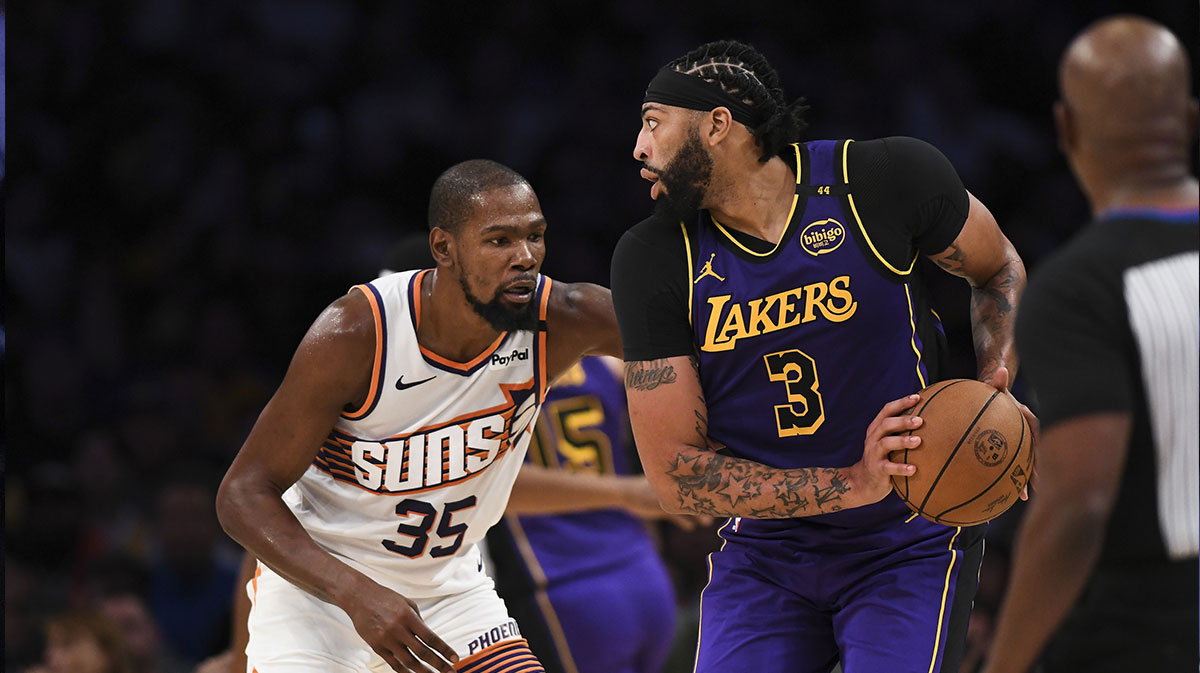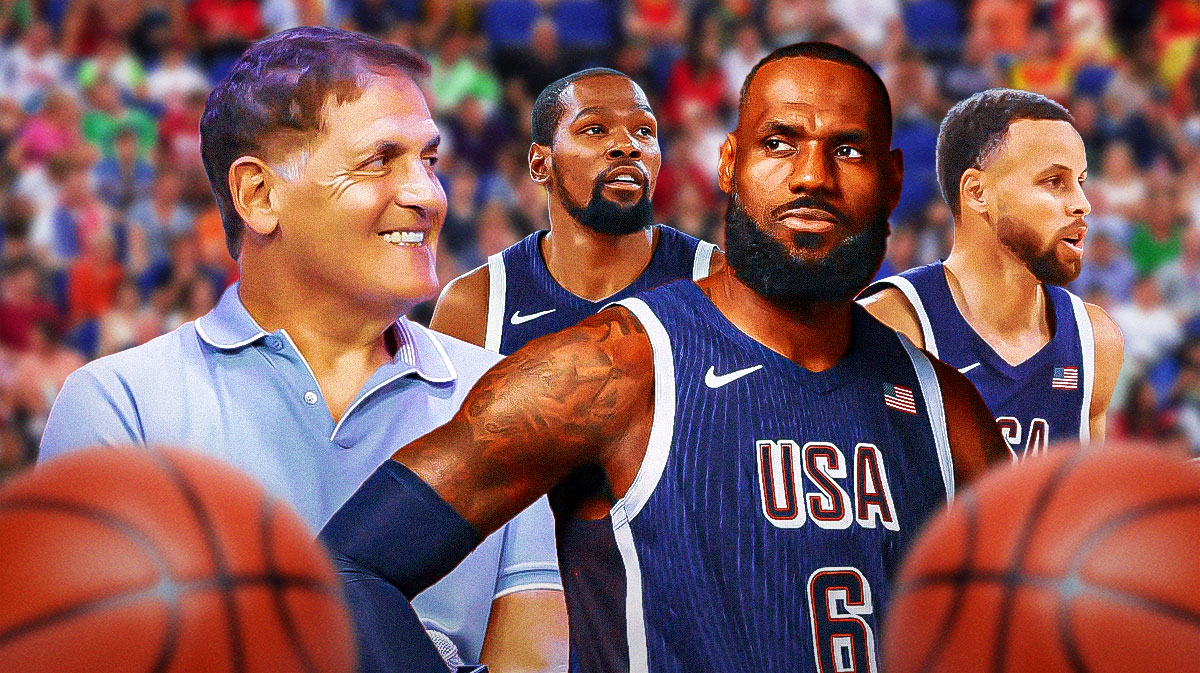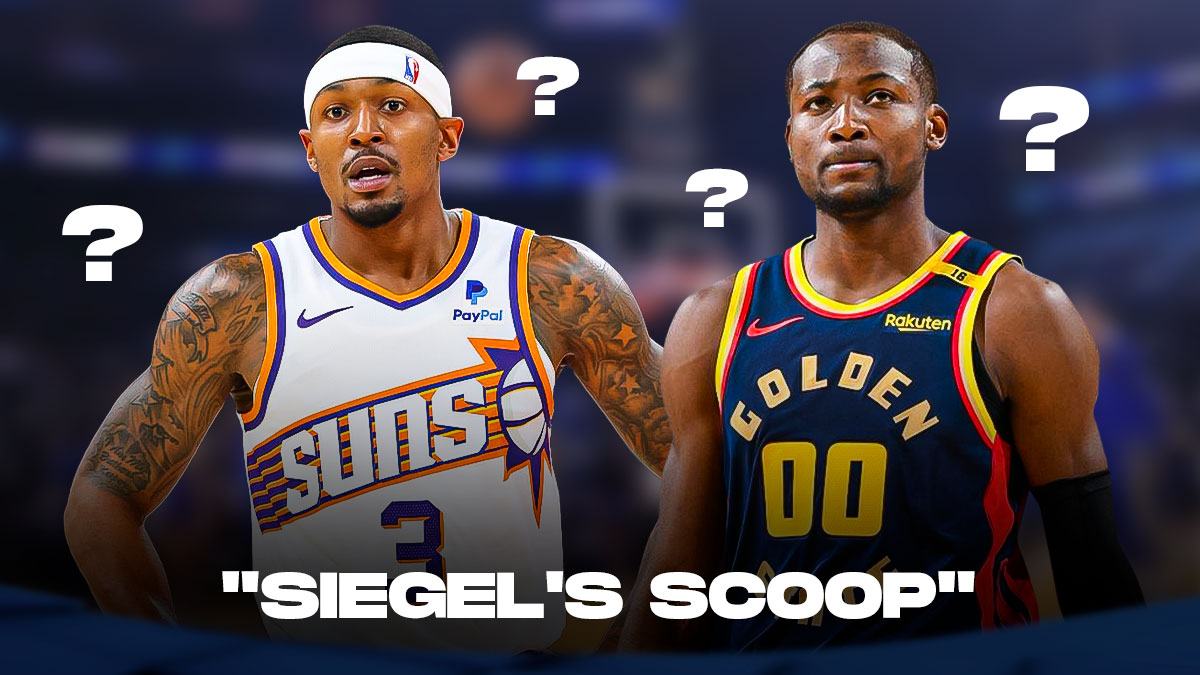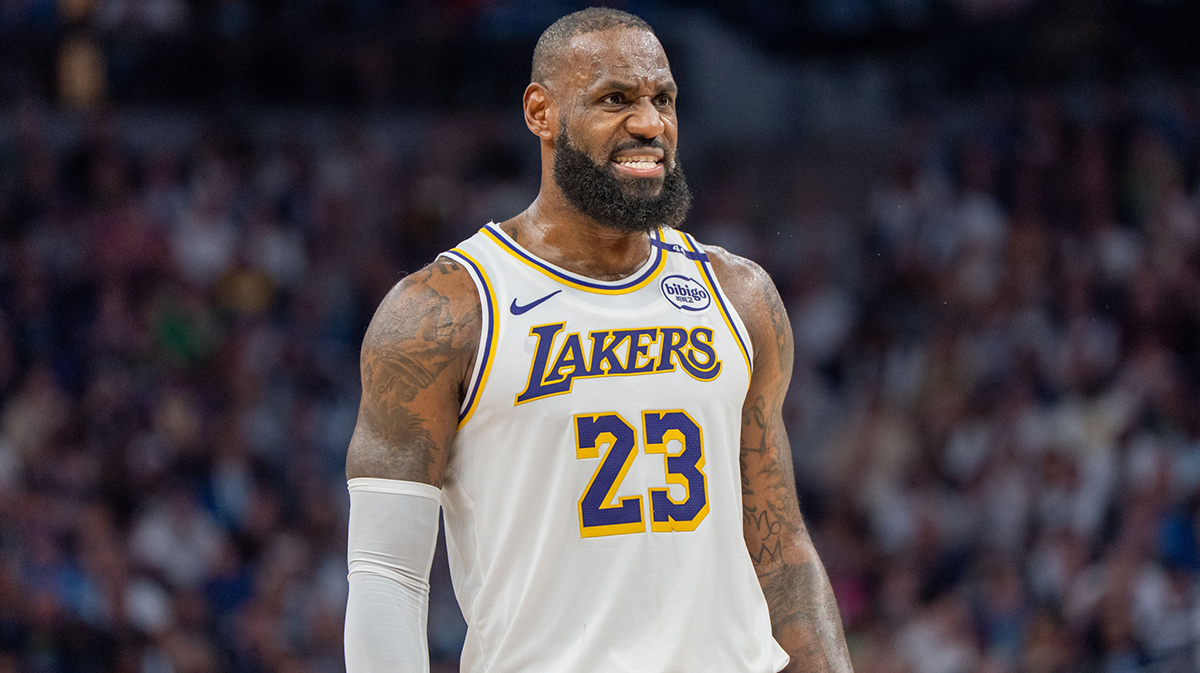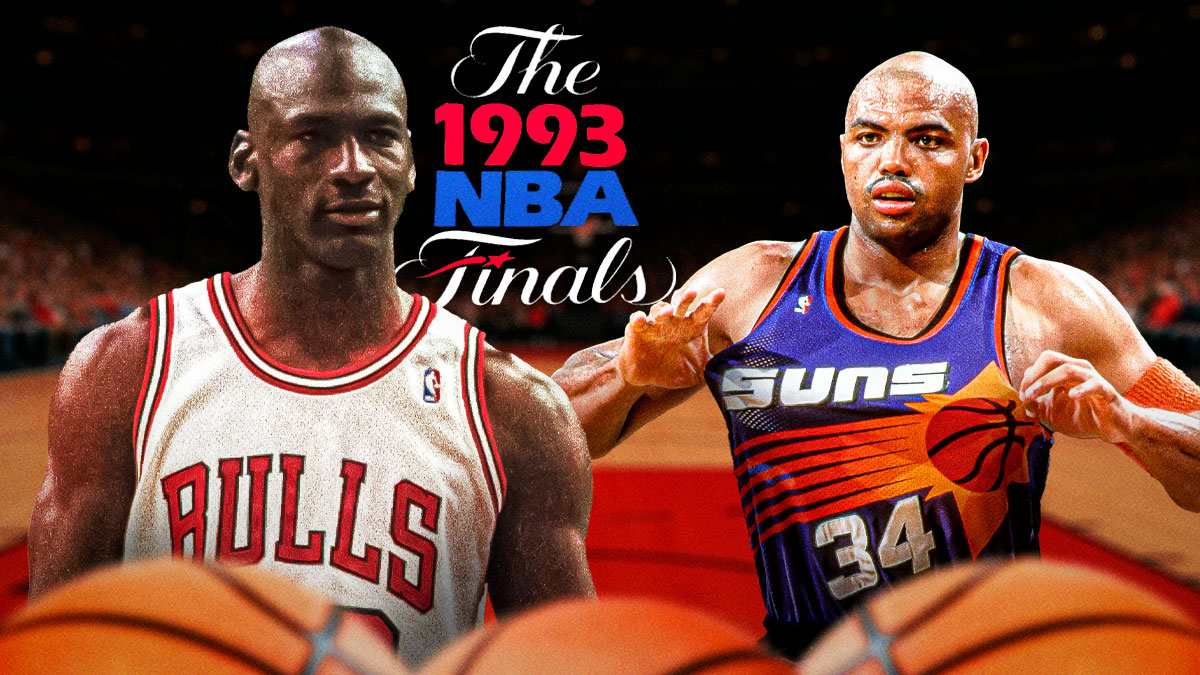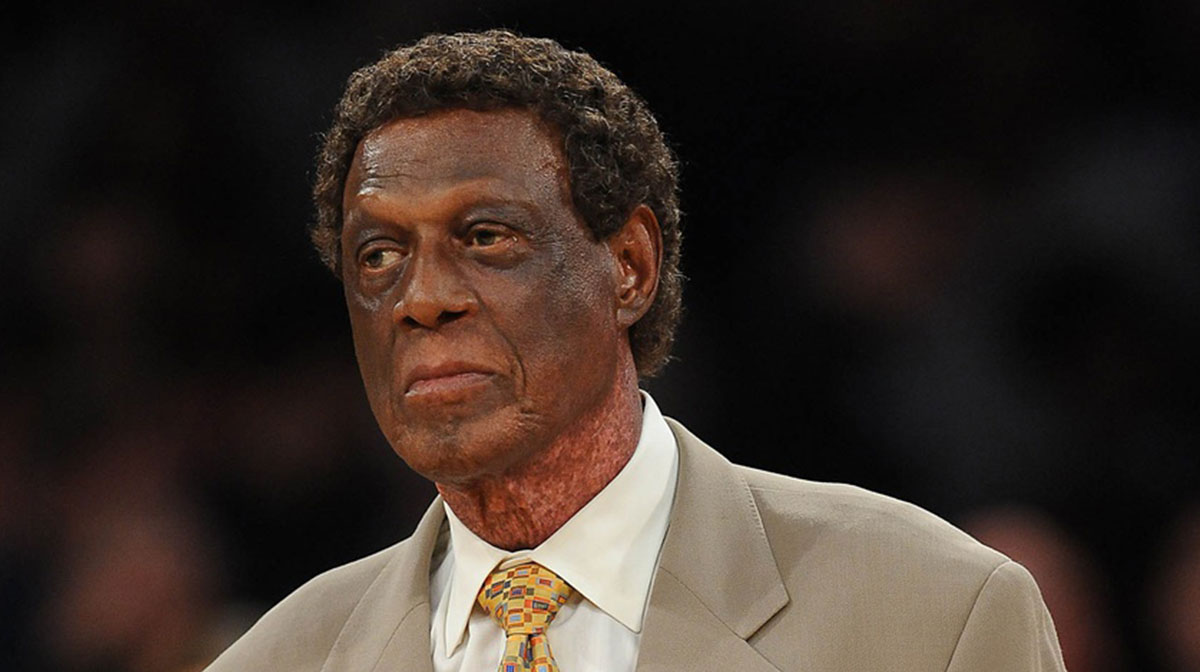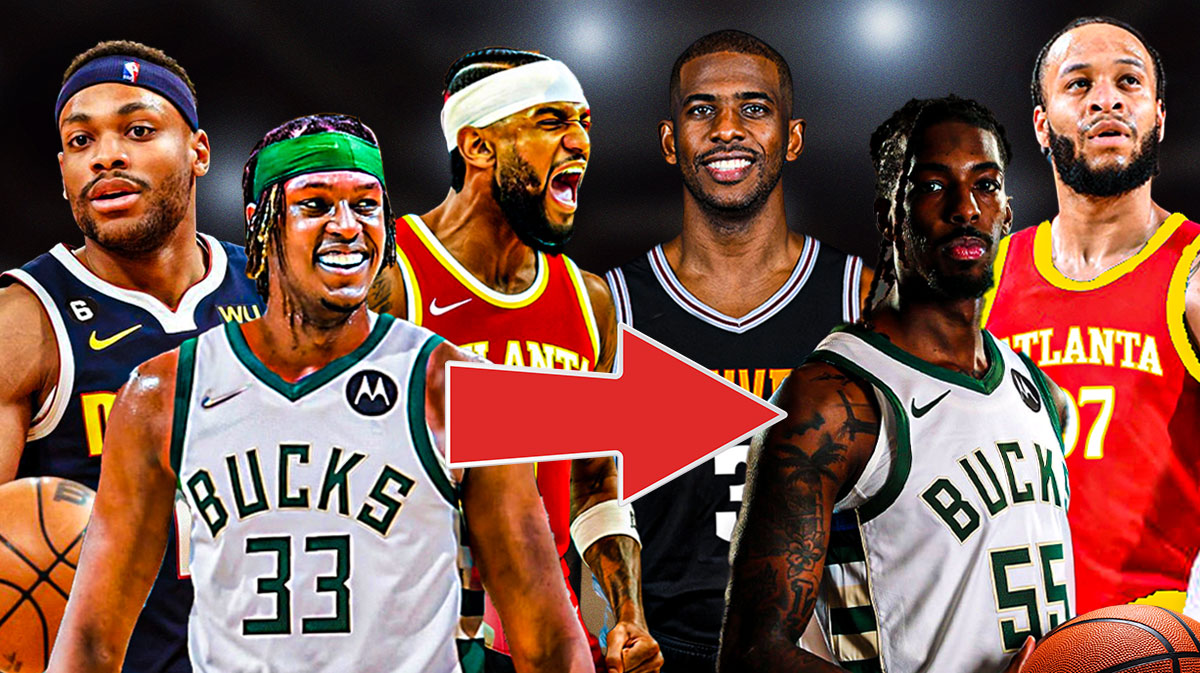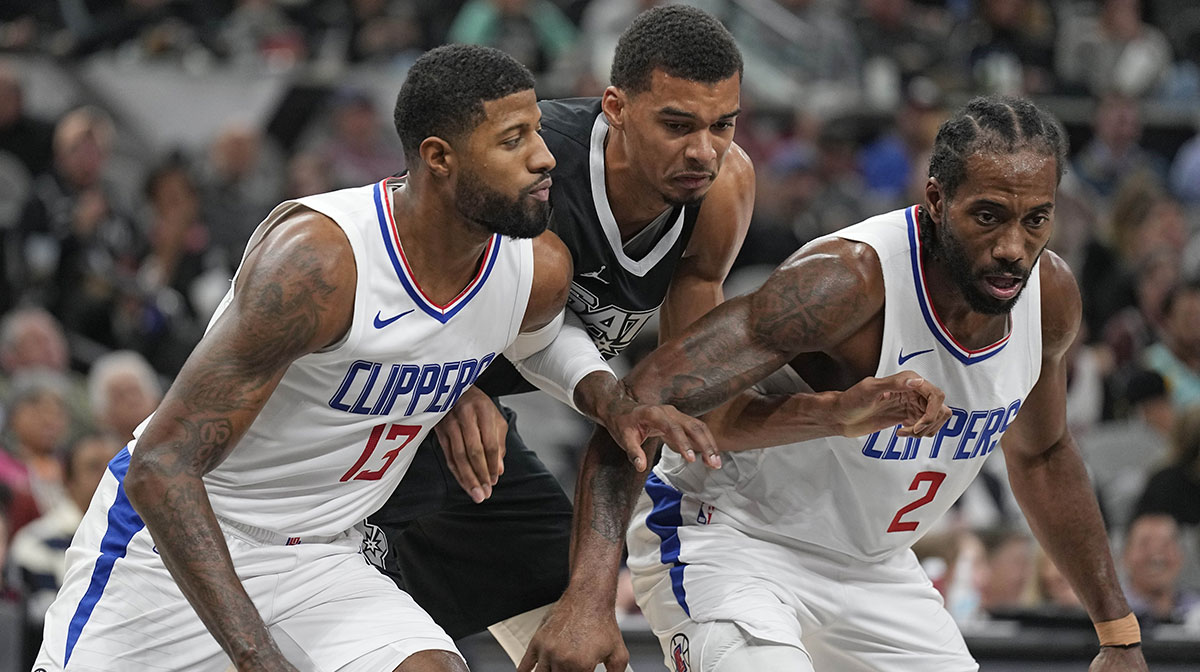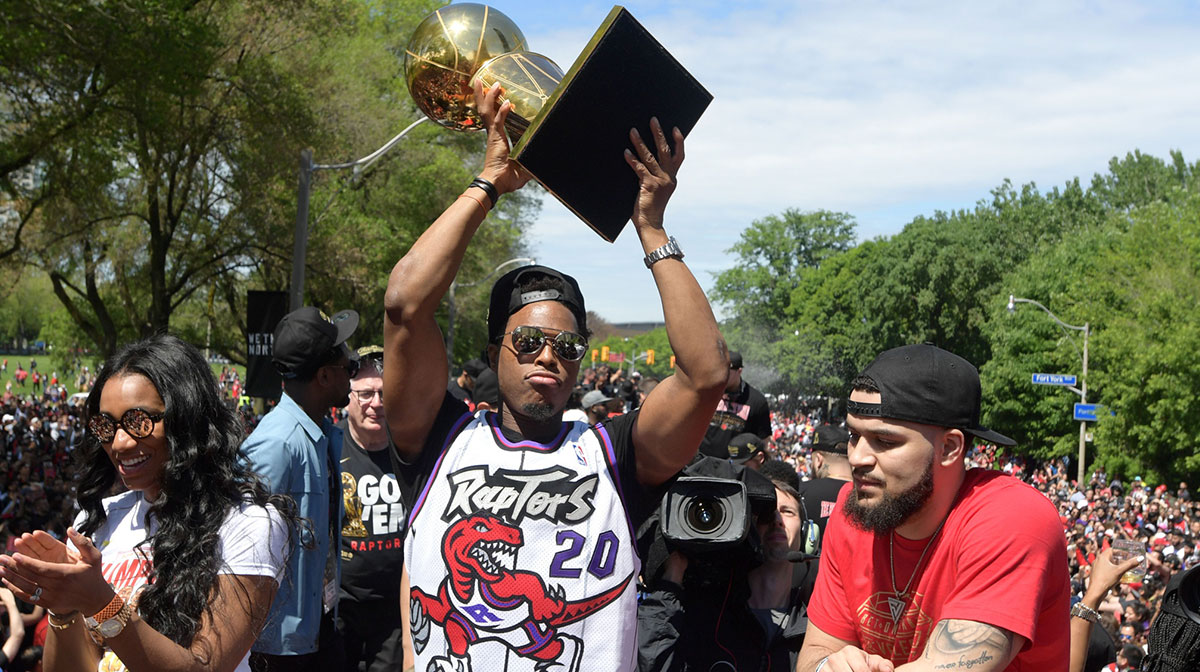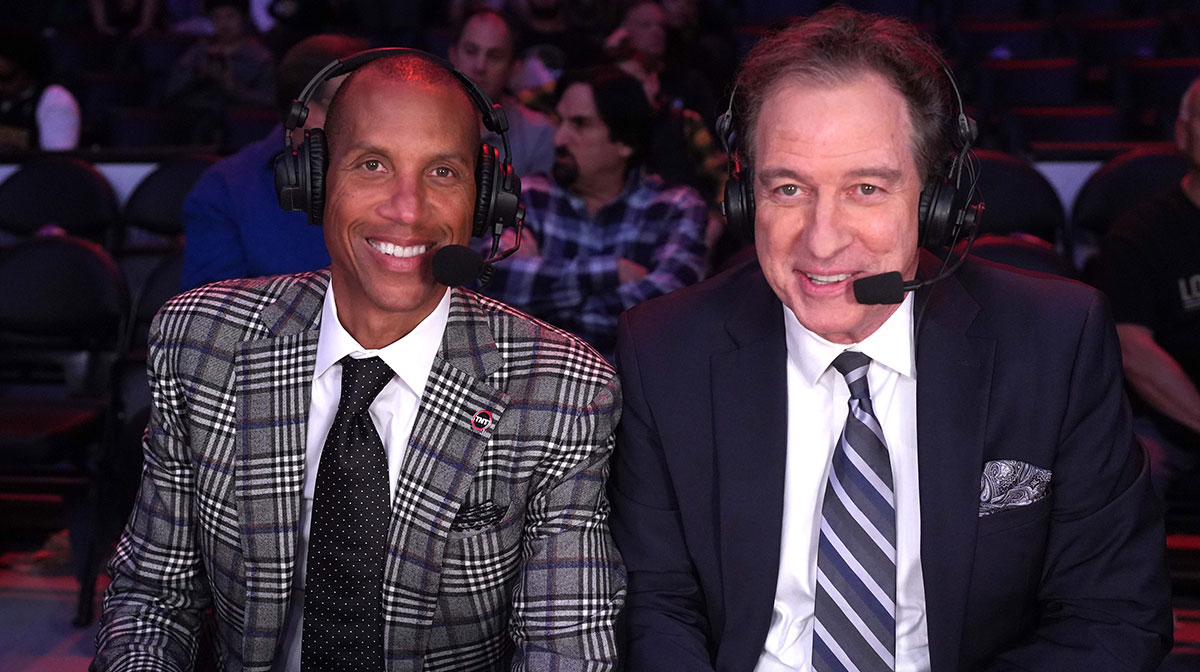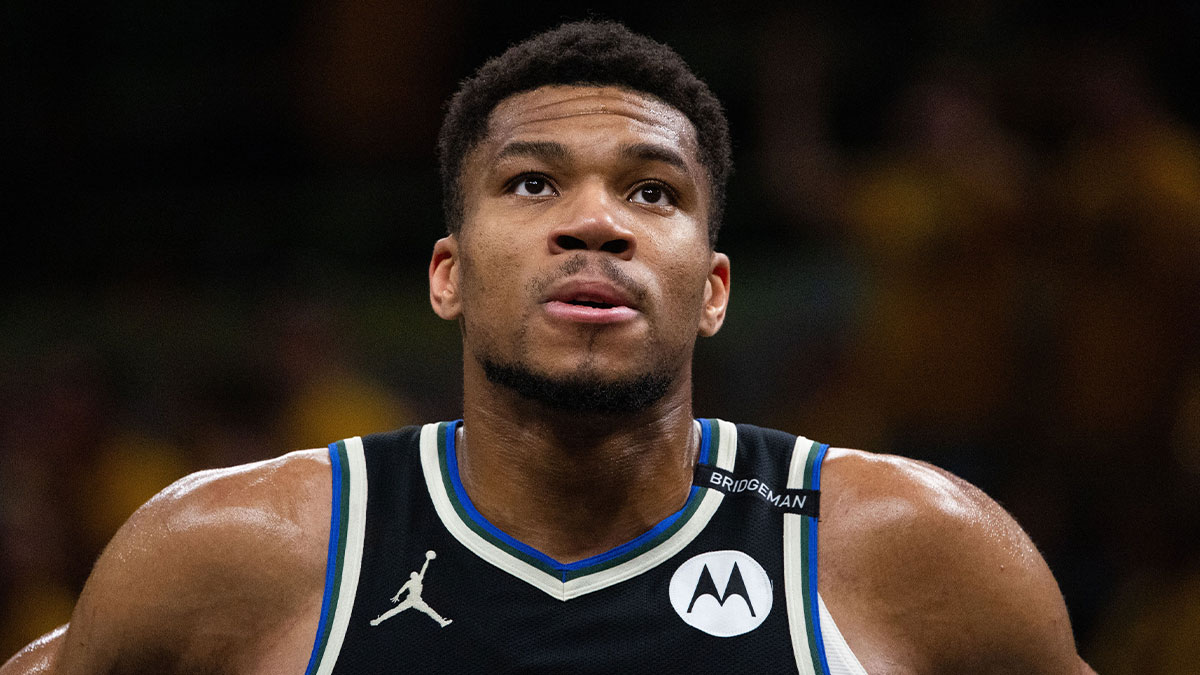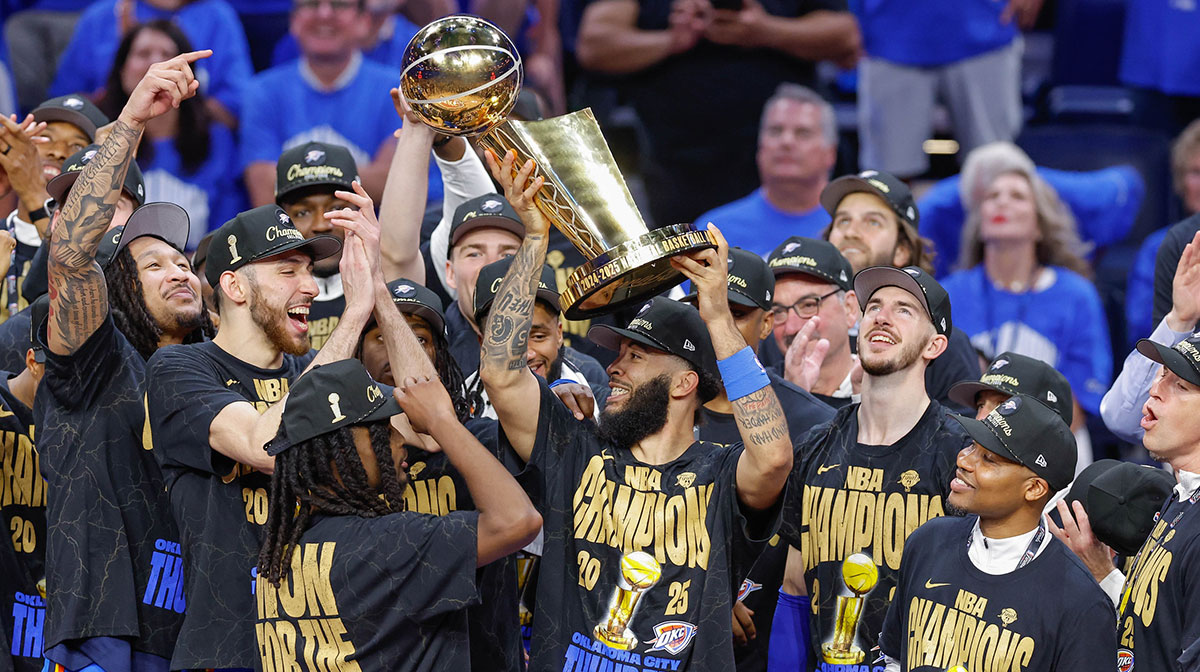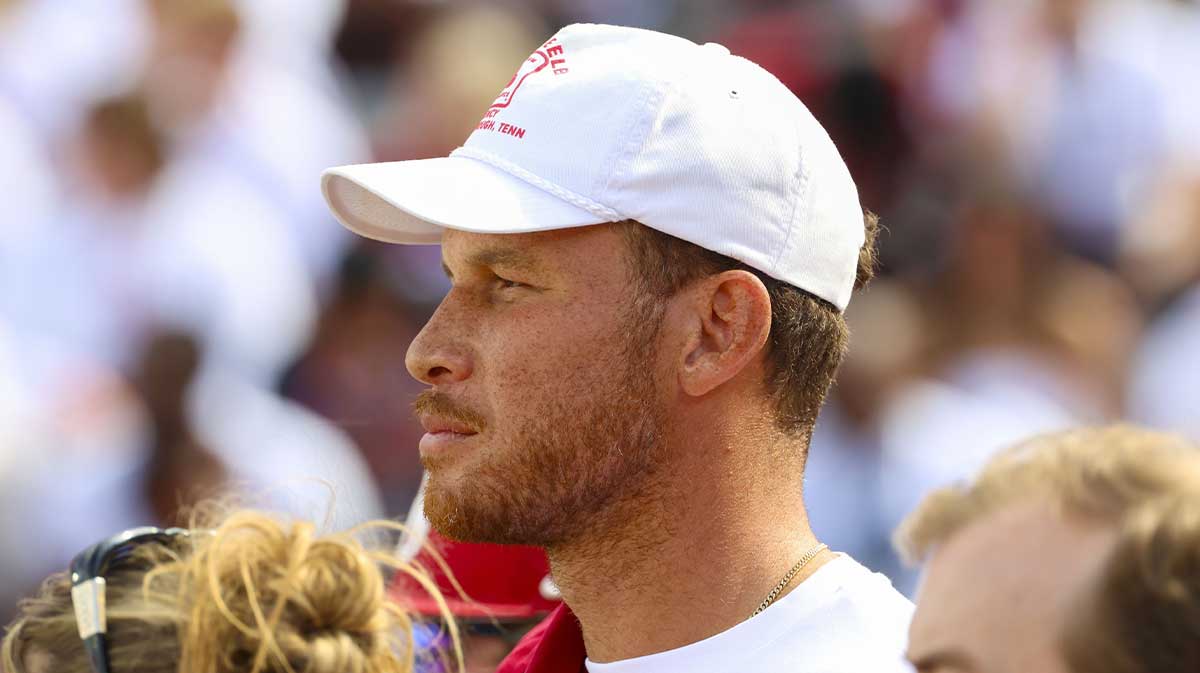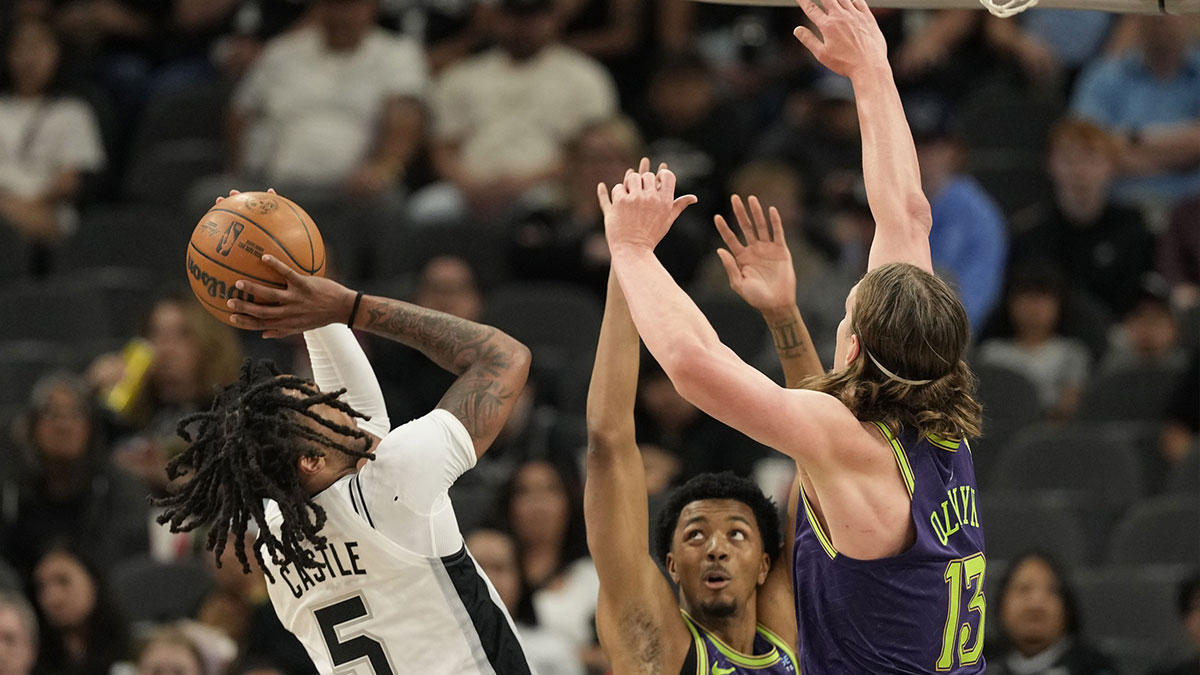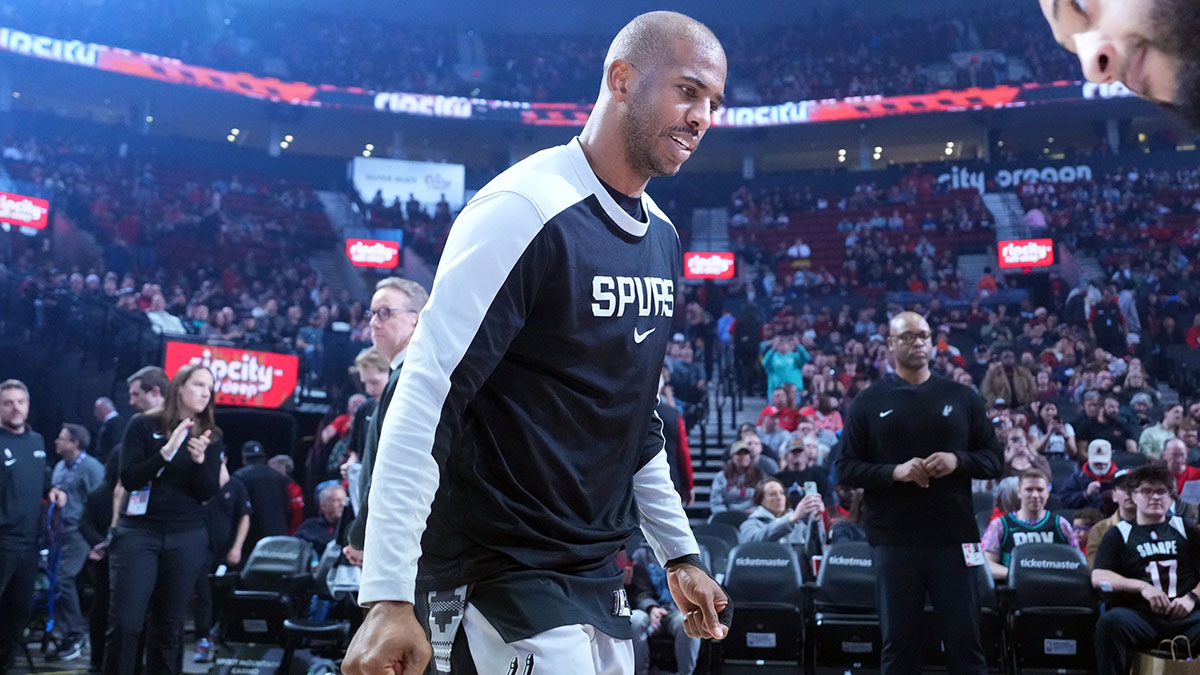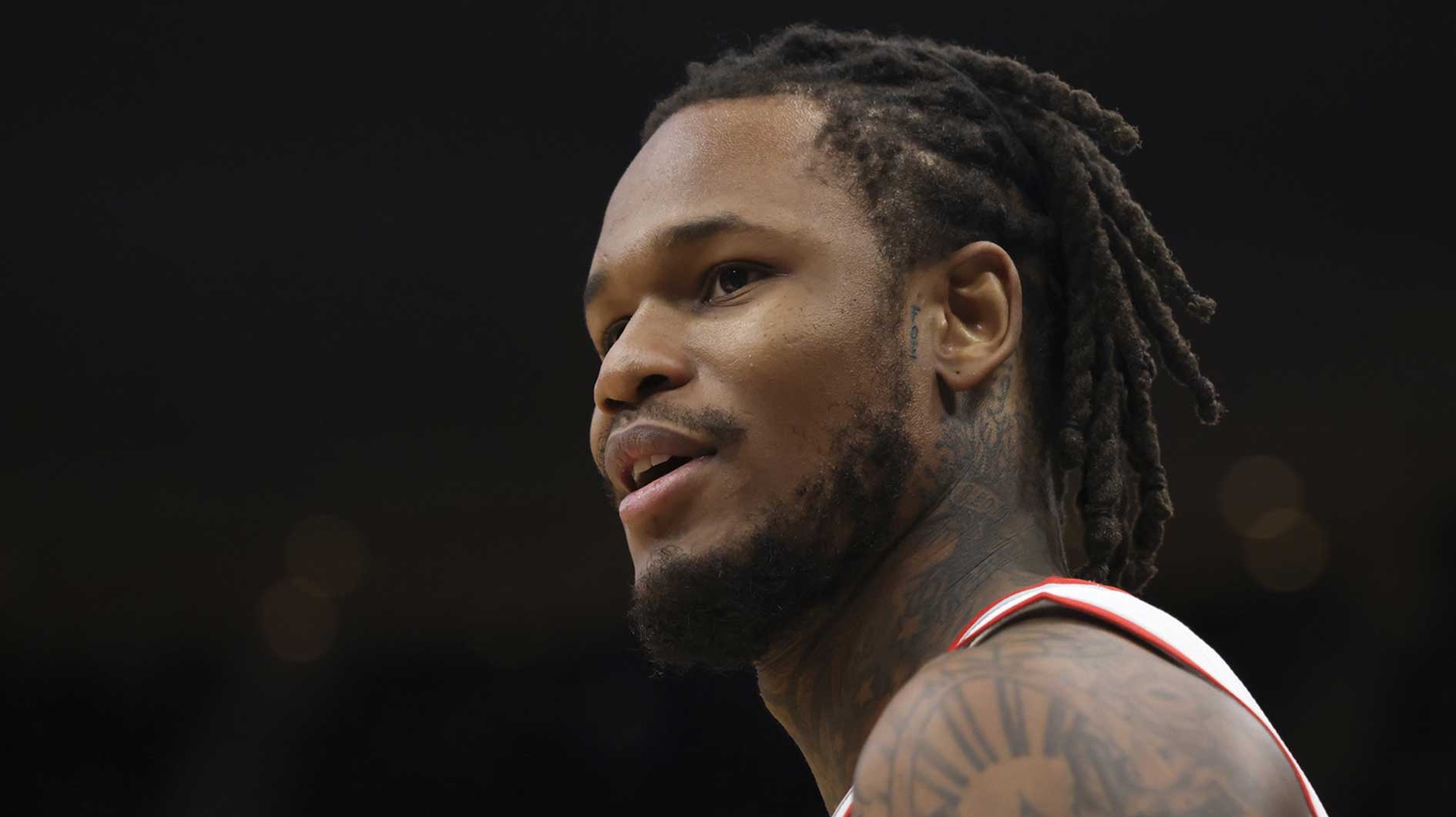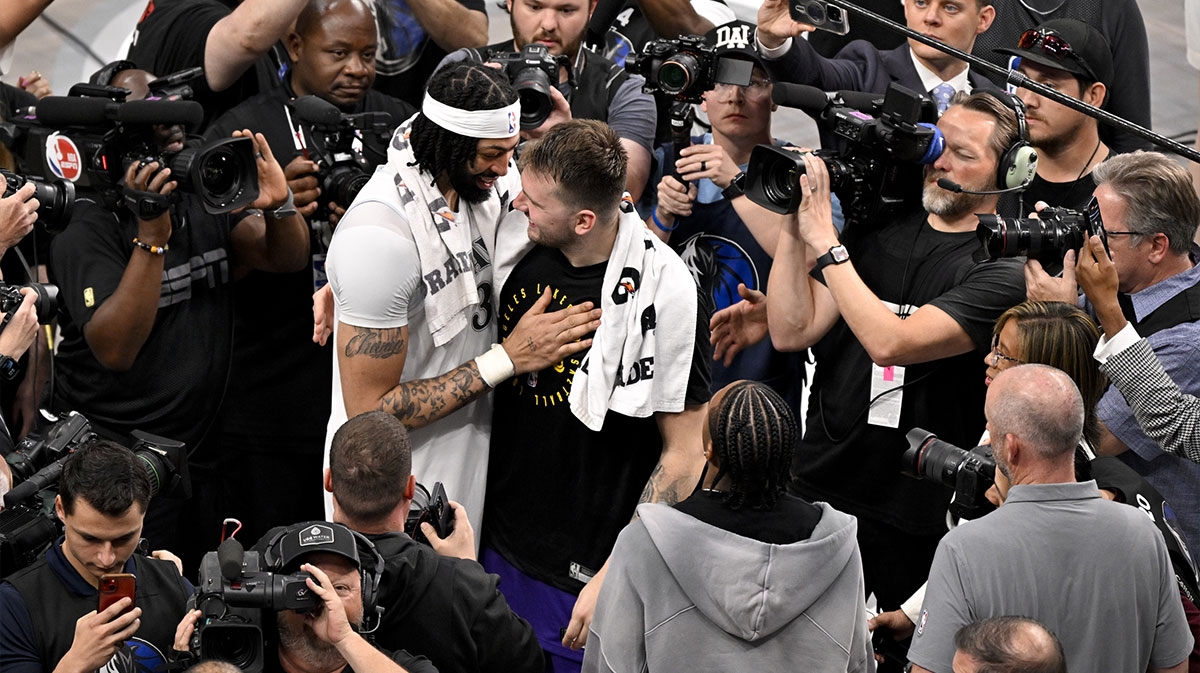The NBA is one of the richest leagues in the world. It's an understatement to say that players now got paid more than the players in previous times. In recent times, players are now signing exorbitant contracts that are some of the richest in history. Stephen Curry, Russell Westbrook, and James Harden have all received contracts that will pay them an unprecedented $200 million and more. Therefore, it's not odd to see players of all statuses cashing into huge bonuses for their play on the court.
However, some players may have committed highway robbery, signing huge contracts that they don't deserve. Here are five of the worst superstar contracts in the NBA, and why they don't make the least amount of sense.
5. Danilo Gallinari

Danilo Gallinari is a very good player. He is as long as Kevin Durant and has a nice shooting stroke, getting his shot over just about anyone. Though, Gallinari has spent his entire career battling injuries. In fact, after Gallinari tore his ACL in the 2013-2014 season, he never played more than 65 games every year. That's disappointing, and it shows that Gallinari is too injury prone to be counted on. While he is a valuable contributor when he is healthy, he simply isn't a star. He might just be a good bench player at best, never averaging more than 20 point per game his entire career. Still, this off season the Los Angeles Clippers acquired Gallinari in a sign and trade and offered him a 3 year deal paying $65 million in total.
That's $21 million yearly, which is too much to give to an injury-riddled player. To make matters worse, the Clippers offered him the contract after he only played 63 games and shot 44% from the field. Shockingly, Gallinari may be out six weeks with a partial tear in his glute. Also, shockingly, Gallinari is only averaging 13.4 PPG and is shooting 25% from the three point line, totally deserving a $65 million dollar contract.
4. DeAndre Jordan

DeAndre Jordan is one of the best rebounding centers in the NBA, but he possesses an almost nonexistent offensive game. He is still a horrible free throw shooter, only converting 55% of his attempts. Somehow, Jordan is being paid $22 million dollars per year on his contract that is worth $87 million. There has also been talks of Jordan and the Clippers trying to work out a contract worth $207 million. Understand that DeAndre Jordan is a great center, but he should not be in the realm of making even over $20 million a year. Here is why.
Again, Jordan is completely unreliable on the offensive end. He can't shoot free throws. He doesn't have a real post game. He hasn't helped the Clippers maintain any success in the past, and he doesn't dominate a game with his skill. He is a great rebounder, but when was the last time that Jordan stole a game and carried the team with in a reliable way. There wasn't. In simple terms, a center that rebounds as effectively as Jordan should have a scoring game to make put backs and post shots. DeAndre rebounds like Dwight Howard, but his scoring is as inefficient as Andre Roberson. Therefore, his contract is definitely a mistake.
3. Paul Millsap

Paul Millsap is an amazing player. His inside scoring and efficient rebounding was why the Atlanta Hawks were successful during their brief run atop the Eastern Conference. Though, the Hawks gave the entire NBA a warning when they chose not to go after Millsap in free agency. No one understood what it was. Shortly after, the Denver Nuggets signed Millsap to a 3 year $90 million dollar contract. That's easy math. That's exactly $30 million dollars a year. Of course, the Hawks would never agree to that amount, so Millsap found a team who foolishly would. Again, Millsap isn't a bad player. He is amazing, but he isn't a superstar.
Millsap isn't even a star. Millsap is currently averaging 15.3 PPG and 6.2 RPG for the Denver Nuggets. For a team that is rebuilding, Millsap is an exceptional player that can play well with Jokic. However, Millsap is not a cornerstone player. In the modern NBA, power forwards are expected to set screens and shoot the ball. Millsap does none of these things well, shooting just 34% from deep. He's more of a traditional power forward, and he isn't quick enough to run with high octane offenses. Millsap has been out of the lineup with a wrist injury, and is expected to miss three months. The Nuggets are so far 6th place in the Western Conference. That's no coincidence.
2. Otto Porter Jr.

Otto Porter is currently averaging 14.3 PPG and is shooting nearly 44% from deep. He is a great starter for the Washington Wizards, and he has helped the Wizards maintain the 7th seed in the Eastern Conference. Last summer, Porter signed a $104 million max contract with the Wizards. Interestingly, Jimmy Butler, DeMarcus Cousins, and Klay Thompson are making nothing near this amount of money. Porter is a solid contributor, but he is only a niche player. He is a shooter and does nothing else well. He is also not much of a scorer, never averaging more than 16 points per game in his entire career.
So, why did the Wizards give him a max contract. Easy. It was to keep the Brooklyn Nets from taking him away.
1. Joakim Noah

In the blockbuster trade that sent Derrick Rose and Joakim Noah to the New York Knicks, Joakim Noah was extended and given a 4 year $72 million contract, that will pay him roughly $18 million per year. That didn't sound bad initially, but let's see how Noah is doing now in the Big Apple. Joakim Noah is averaging 1.5 PPG, 2.2 RPG, and 0.8 APG. Isn't that a kick in the head? The New York Knicks have since regretted the contract and his acquisition has been ranked as one of the worst in Knicks history.
In his tenure with the New York Knicks, Noah has done extremely poor. He has even been suspended for 20 games for using performance enhancing drugs. This is definitely one of the worst contracts in the NBA, especially since Noah has been out of the Knicks' rotation for quite a while. Though, all of these contracts are examples of the foolish decisions that front offices can sometimes make.

